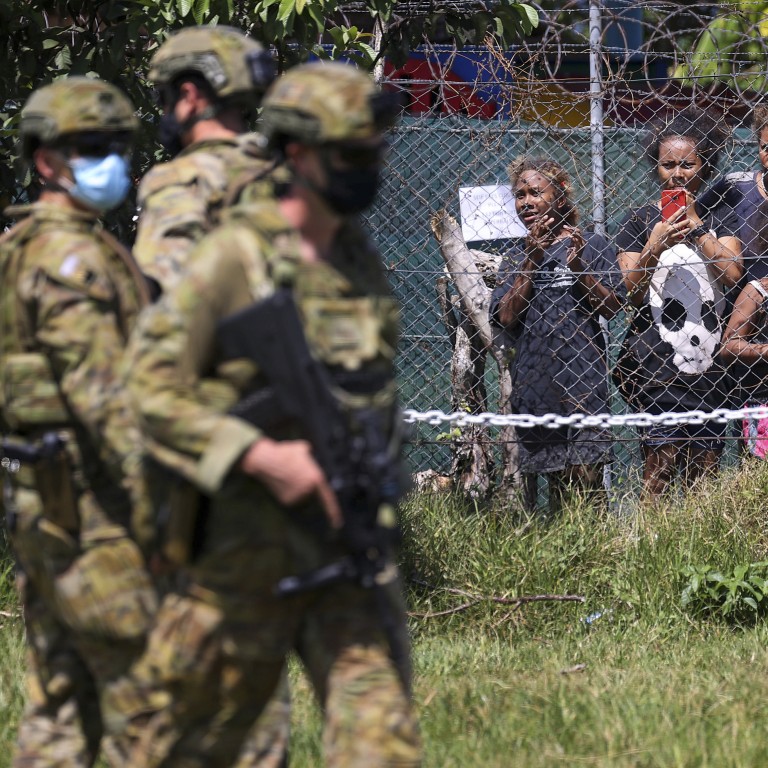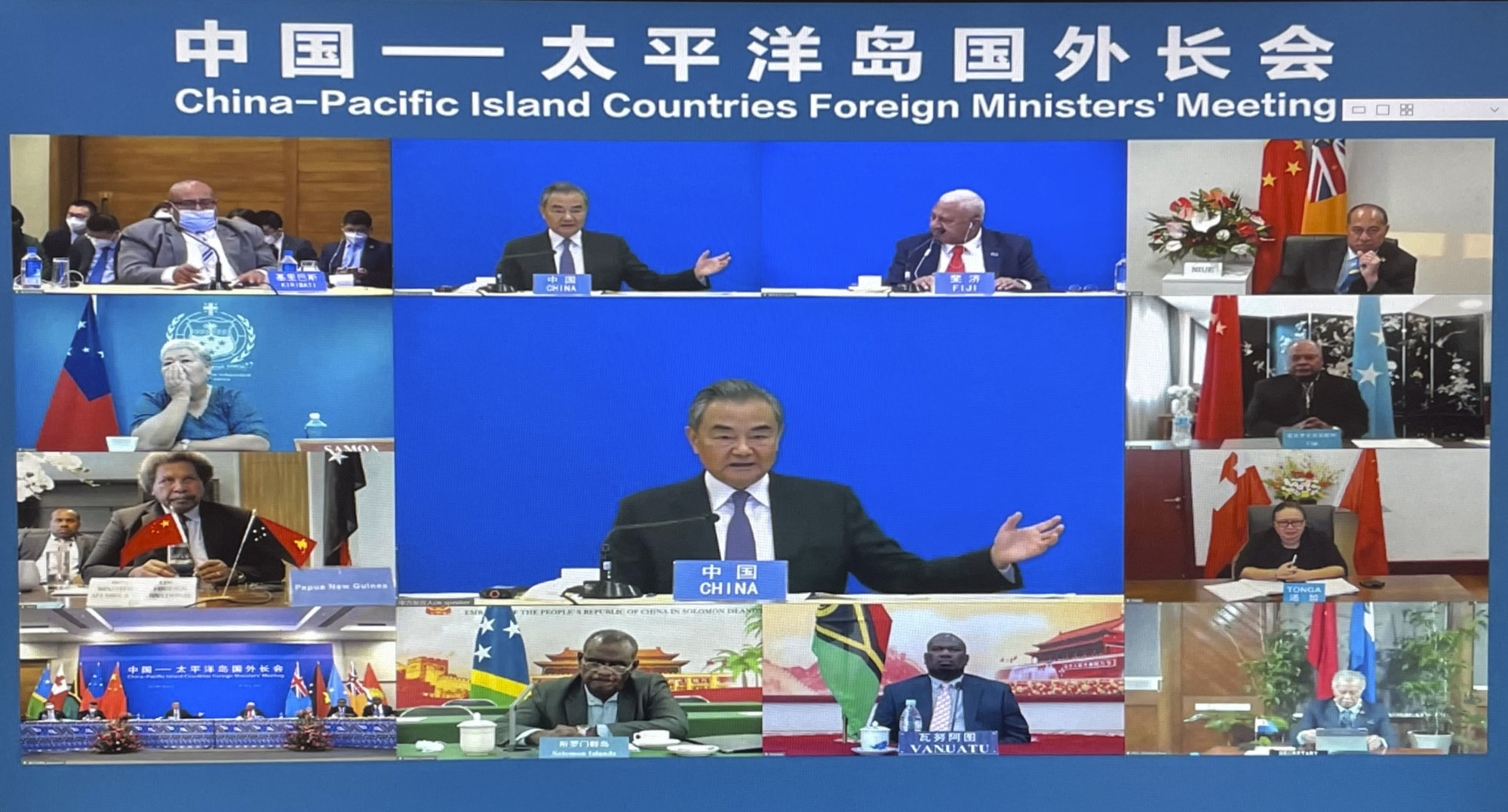
Australia-China relations: Canberra to set up Pacific defence school as Beijing seeks rival regional meeting
- Australia also plans to double funding for aerial surveillance in the Pacific region to recoup US$150 million lost each year to illegal fishing, a minister said
- It comes amid reports that China seeks to host a video meeting with 10 island nations next month to coincide with the final day of the Pacific Islands Forum
Australia will double its funding for aerial surveillance of the Pacific islands vast fishing zone, and provide financing for Pacific islands to build more resilient infrastructure as Pacific sea level rises are forecast to be four-times the global average, Minister for International Development and Pacific, Pat Conroy, told a Pacific conference on Tuesday.
“The Australian government knows that the issue of security is inseparable from the issue of climate change,” he said in a video address to the conference in Fiji’s capital, Suva.

A leaked draft of the deal showed it covered fisheries and maritime security as well as police training.
China, which is not a PIF member, is seeking to host a video meeting with the 10 nations it wants to sign to a multilateral pact on July 14, to coincide with the final day of the PIF leaders meeting, according to a source with direct knowledge of the matter.
It also coincides with the day a communique would be expected to be issued by the forum leaders. It is unknown if the meeting with China will go ahead, after some nations were reported to be upset by the timing.
Who are the pawns in China-US race to influence the Pacific? Depends who you ask
Conroy said the Pacific Islands Forum had brought the region together for 50 years, and it was “the heart of Pacific regionalism”.
Ahead of the meeting, he outlined the new Australian government’s commitments to support the region, including an Australia Pacific Defence School that would provide training for defence and security forces.
Hundreds of illegal Chinese fishing boats are taking our catches, says South Korea
Australia worked with Pacific island nations on a breakthrough agreement at the World Trade Organization this month to restrict fishing subsidies, used by China’s high-seas fishing fleet, that had encouraged unsustainable overfishing, he said.
“This will be good news for the Pacific Ocean environmentally – and it will be good news for Pacific countries economically,” he said.
The economic hit from the Covid-19 pandemic had seen public debt across the Pacific rise from A$20 billion ($13.85 billion) in 2019 to A$28 billion in 2022, he said.

